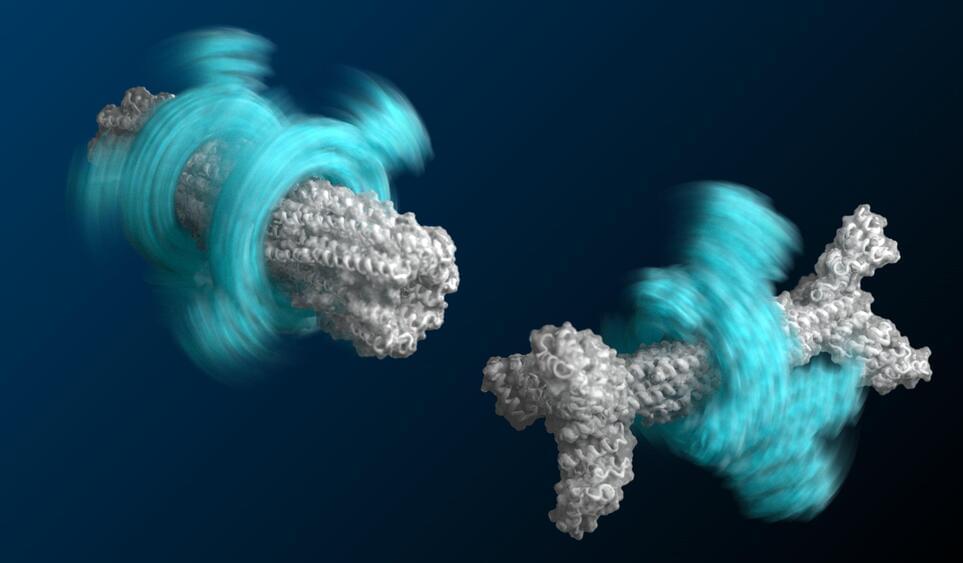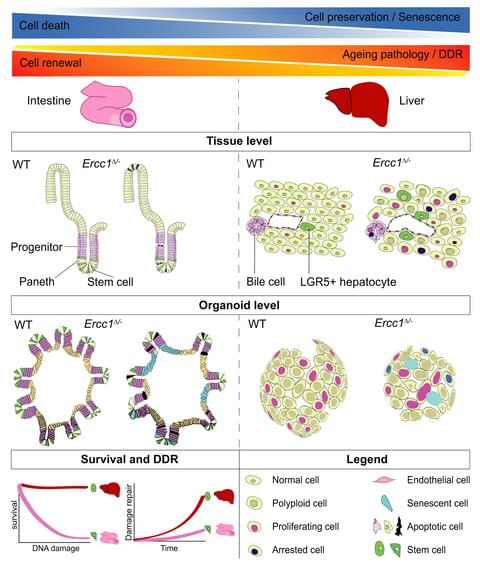The first detection of gravitational waves in 2016 provided decisive confirmation of Einstein’s general theory of relativity. But another astounding prediction remains unconfirmed: According to general relativity, every gravitational wave should leave an indelible imprint on the structure of space-time. It should permanently strain space, displacing the mirrors of a gravitational wave detector even after the wave has passed.
Since that first detection almost six years ago, physicists have been trying to figure out how to measure this so-called “memory effect.”
“The memory effect is absolutely a strange, strange phenomenon,” said Paul Lasky, an astrophysicist at Monash University in Australia. “It’s really deep stuff.”









